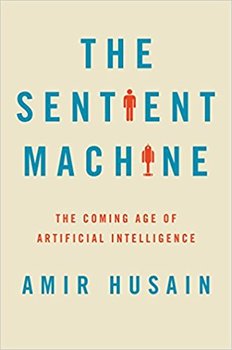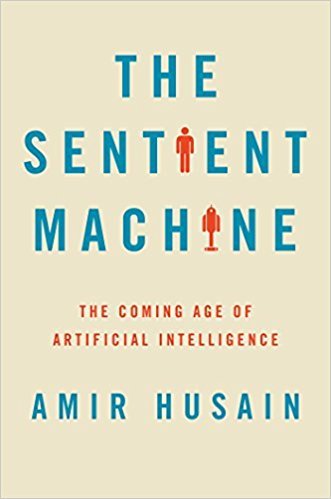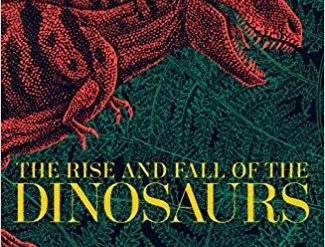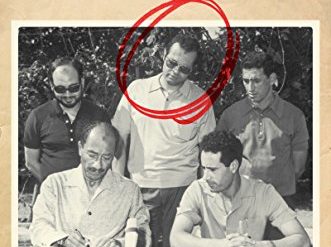
Artificial intelligence researchers draw a clear distinction between Artificial Narrow Intelligence (ANI) or Weak AI, and Artificial General Intelligence (AGI) or Strong AI. Weak AI is the stuff of today’s Siri, self-driving cars, those annoying systems that answer you when you phone just about any company nowadays, or other familiar devices that focus on a single task and possess no self-awareness. By contrast, as of today, Strong AI is essentially the stuff of science fiction. It’s sentient intelligence that equals or surpasses human intellectual abilities, setting goals and planning independently of prior programming. This sharp dividing line is at the core of the arguments advanced by Amir Husain in his fascinating new book, The Sentient Machine.
Estimated reading time: 5 minutes
Husain’s argument is straightforward: Artificial Narrow Intelligence has already had great impact on our lives in multiple ways—and that’s mostly a good thing. Yes, he agrees, AI will increasingly take on jobs that human beings have always previously done—and some we’ve never done. There are jobs, Husain argues, that humans are simply incapable of doing in our increasingly complex society—in cyber security, for example.
Husain cites a report from the international software security group Kaspersky Lab that “its products identified around 323,000 new malware files each day as opposed to 70,000 files per day in 2011.” Against this merciless onslaught of malware, it is simply impossible for human programmers to update and revise computer security systems quickly enough—if in fact that were ever possible. We need AI. “We will soon find,” Husain writes, “that it is only AI that can protect us from AI.”
The Sentient Machine: The Coming Age of Artificial Intelligence by Amir Husain (2017) 225 pages ★★★★☆
However, there is a much broader question in play here. He notes that “we are not human because we know how to load boxes onto a truck or because we can drive a car down a freeway. AI will likely be doing these and many other things for us in the near future. When it does, we will still have purpose because we will be creators in the universe.” In effect, todays artificial intelligence is barely hinting at its potential to free us up to create.
But what are we humans going to do when the machines have taken away practically all our jobs (or at least the repetitive ones)? What’s left? Husain argues that what’s left is what’s most important: the pursuit of knowledge. To my mind, this cavalier response glosses over the harsh realities of human existence. For one thing, many of us (if not most) have neither the inclination nor the skills to “pursue knowledge.”
How will people who might be better suited to manual occupations find ways to feel useful? Through arts and crafts? Perhaps, but I suspect that’s wishful thinking, too. And it would be foolish in the extreme to ignore the fact that the human race has a bottomless capacity to cause problems for itself. Conflict of all sorts will not go away simply because machines have taken the drudgery out of our lives and are solving our most complex technological problems. Is it realistic to expect, for example, that machines will be able to prevent murder—or suicide?
A thoughtful answer to the problem
Jeremy Rifkin had a more thoughtful answer to this problem. In his 2011 book, The Third Industrial Revolution, Rifkin argued that the widespread adoption of artificial intelligence will result in “freeing up much of the human race to create social capital in the not-for-profit civil society, making it the dominant sector in the second half of the century.” This assertion derives from an earlier book Rifkin wrote, The End of Work. (My review of The Third Industrial Revolution is at Afraid the end of the world is nigh? Here’s a hopeful message.)
Despite his too-quick dismissal of the massive unemployment machines will inevitably create, Husain makes a major contribution to the ongoing debate about artificial intelligence by explaining, in detail, “how anti-AI movements could be a threat to developing much-needed technology to solve this century’s most complex problems.” No matter how smart they might become, machines won’t think like humans. They think in ways that are different.
What we call “out-of-the-box” thinking is second nature to an intelligent machine, which can simply sift through all possible solutions to a problem and find an approach that any human observer would think unlikely. In other words, what todays artificial intelligence can do for us is already transformative, but in the long run AI will eliminate the need for us to “earn a living” by meeting our material needs and allowing us to pursue our dreams. However, Husain doesn’t tell us how to cope when we’re dying of boredom.
Based in Austin, Texas, Amir Husain has built a worldwide reputation as an inventor and serial entrepreneur. He is widely recognized as a leading authority on artificial intelligence.
For related reading
This is one of the books I’ve included in my posts, Gaining a global perspective on the world around us and 10 best books about innovation.
It’s also one of 20 good nonfiction books about the future.
You’ll find an abundance of great nonfiction writing at Science explained in 10 excellent popular books. This one is included.
For other perspectives on what artificial intelligence can do, see Two dozen good books about artificial intelligence. This book is included.
And you can always find my most popular reviews, and the most recent ones, on the Home Page.


























